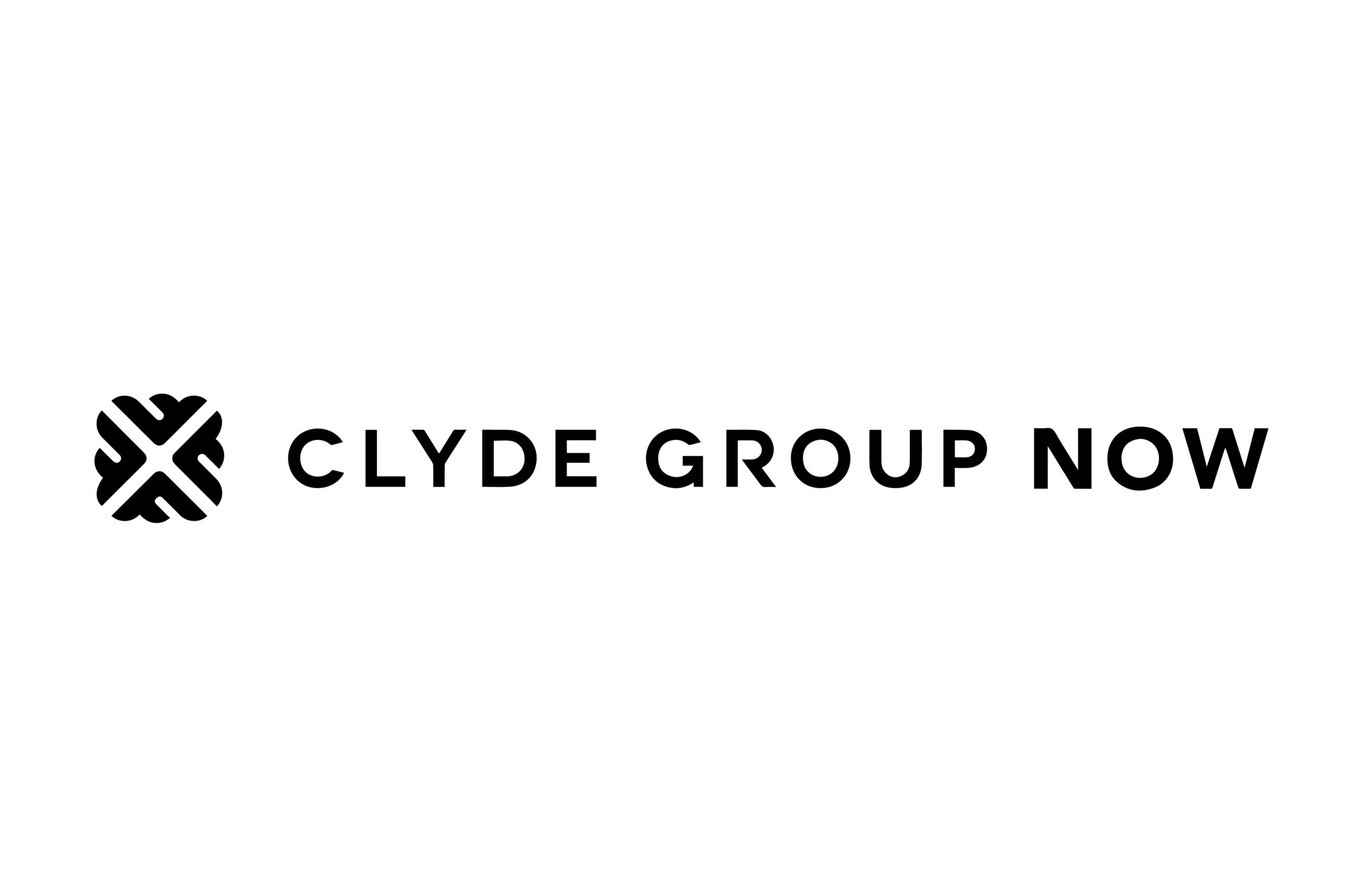Insights
COVID Impact: New Survey Data: Gen Z and Brand Trust.

In this era of insecurity, connecting and communicating with your audience is more important than ever. Due to social distancing and stay-at-home orders, people have more downtime—they notice which brands are helping frontline workers, contributing to a solution to the coronavirus, and sharing other vital information. And people, particularly younger generations, aren’t happy with corporate America’s efforts. According to a recent survey Clyde Group commissioned, less than half (39%) of consumers in the 18-34 age group are satisfied with brands’ response to the COVID-19 crisis.
That dissatisfied younger demographic is key to any business’s long-term success—they will be the ones with the purchasing power when this budding recession is over and will remember which brands helped in one of the worst crises of their lifetime and which ones stood by on the sidelines. It is in every business’s best interest, regardless of industry, to build a positive reputation with them.
A CSR-Driven Generation
Younger Americans’ dissatisfaction with corporate America’s response to COVID-19 is hardly a surprise. As a generation, they overwhelmingly prefer companies with a philanthropic vision. Studies have found that 94% of Gen Z believes companies have a moral obligation to help address social and environmental issues. That desire affects their willingness to buy from a company; in another study, Millennials and other younger generations rated an organizations’ corporate social responsibility (CSR) behaviors as more important than the price of their product. This desire for organizations to do more to help people is nothing new—but the dissatisfaction will be keenly felt if and when the post COVID-19 recession arrives.
In this moment, organizations have to do everything they can physically afford to do to help their customers, their employees, and their communities and then, once they have taken every precaution and put in every dollar and hour of work they can spare, shout their successes from the rooftops. But if you have a story to tell about how your brand is helping consumers, a national televised ad—like so many brands are launching—is probably not the best route. There are two major paths we recommend for delivering that message: partnerships and digital channels.
Develop social clout
Younger consumers get their information from the internet—everything from news, to media, to product recommendations. According to Pew, almost all Millennials (nearly 100%) use the internet and Reuters found that Millennials almost universally get their information from digital news outlets and social media.
So, if your social presence is lacking, now is the time to beef it up. Develop an editorial calendar. Build up your SEO. Begin blogging. Do anything you can to get information out about your COVID-19-related philanthropy and corporate giving to those on the frontlines and those hurt by the current crisis, how you’re tailoring your products and services for the newly-homebound consumer and how you are protecting your employees and customers alike from possible infection.
Partnerships are key
If you have a partnership with a celebrity or influencer, now is the time to push boundaries. Take your celebrity partnerships and think on a larger scale. You can go beyond selling your product or service and make a sincere and genuine effort to give something back to your community.
It’s not just celebrities and influencers: reach out to your competitor. Build a bridge across the industry. Send out joint communications. Explore new initiatives and products that show your brand understands the gravity of the situation, that the common good is more important than a corporate rivalry. If Apple and Google—two of the biggest competitors in the world—can set aside their differences and launch a contact tracing app, you can reach out to your competitor. It won’t hurt sales or your reputation—it can only help.
Final word
It’s impossible to predict what the coming weeks and months will hold for corporations. Many organizations are going to make honest mistakes—either because they couldn’t foresee a development coming down the tracks or fully understand the implications of their decisions. These dissatisfied Millennials and Gen Z consumers don’t expect perfection—they just expect organizations, particularly with sizable resources, to put in the effort. Currently, not enough organizations are trying or, if they are, they aren’t properly messaging it. Both of those are fixable with the right intent and the proper amount of thought.